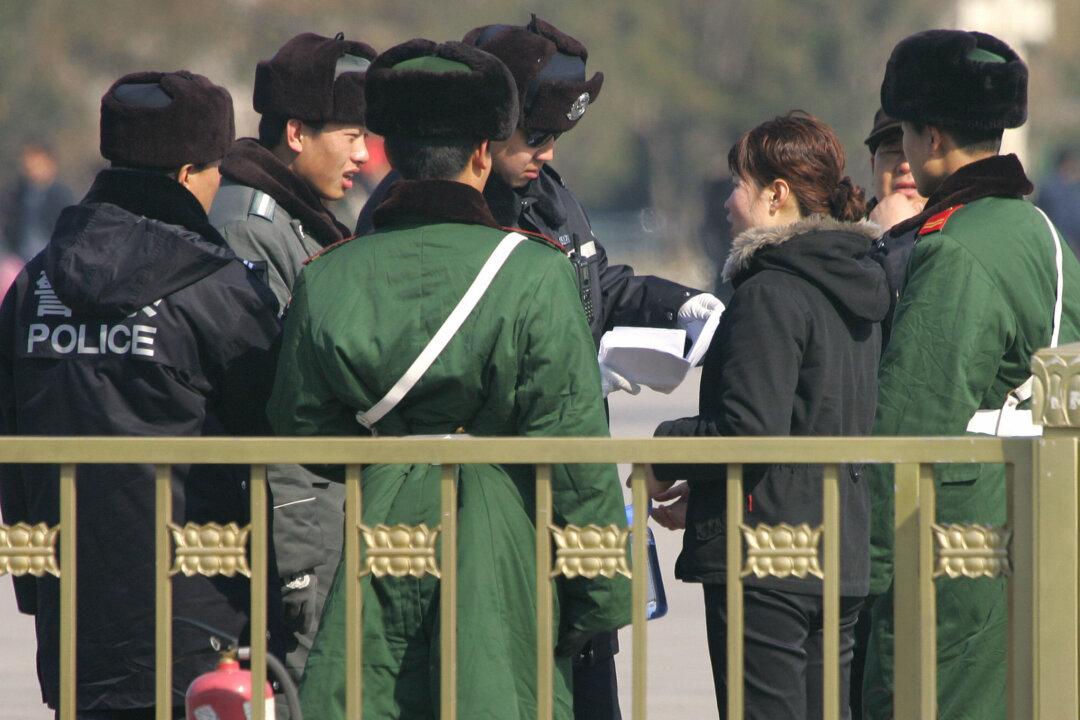These may sound like words coming from a mob boss: whack our targets, and if unable to locate them, find their friends and relatives. But these are precisely the words uttered by a municipal Chinese Communist Party official while talking about how petitioners—ordinary citizens who appeal the Beijing authorities about their grievances—should be dealt with.
This was revealed in a three-minute-long recording of a “maintenance stability”—a euphemism for clamping down on dissent—meeting held by local officials in Wu’an City in northern China’s Hebei Province, which has recently leaked online, reported Radio Free Asia (RFA) on May 15. While the date of the meeting is not known, three people are identified in the recording—Guo, the head of a local court; Li, the city’s police chief; and Han Baokui, the head of the municipal Chinese People’s Political Consultative Conference (CPPCC), an advisory body.





